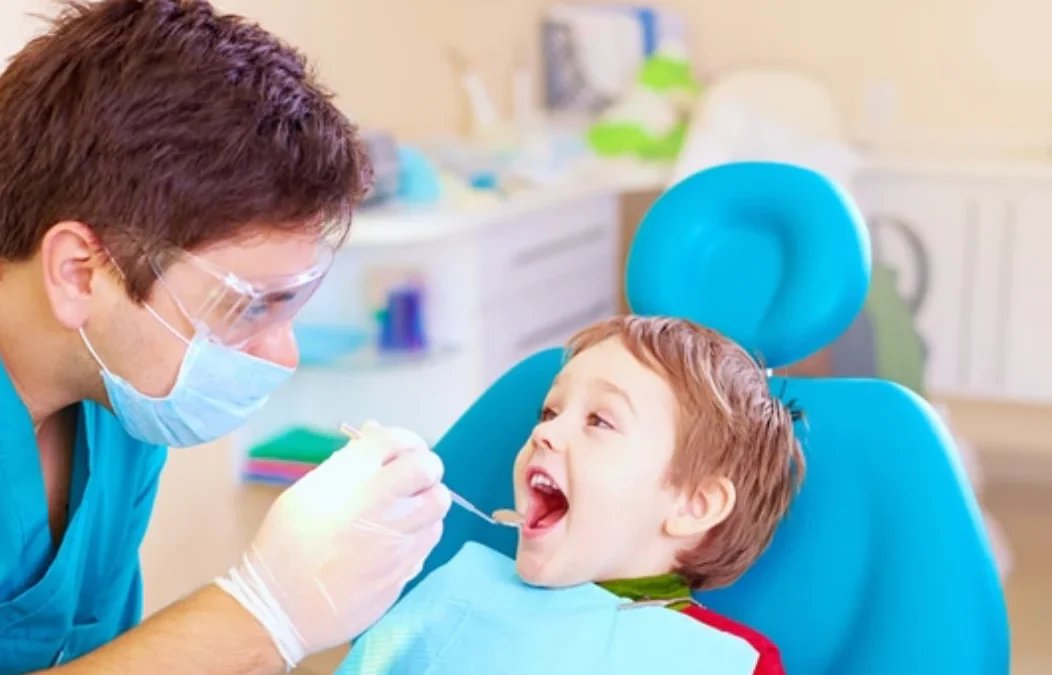Pediatric dentistry presents unique challenges, as children often exhibit varying levels of cooperation during dental visits. Effective behavior management is crucial for ensuring successful treatment outcomes, maintaining a positive dental experience for both children and parents and promoting oral health.
Implementing appropriate strategies tailored to each child’s needs can significantly enhance cooperation and alleviate anxiety associated with dental visits.
Understanding Child Behavior:
Children’s behavior in the dental chair can vary widely, influenced by factors such as age, temperament, previous experiences, and parental attitudes. Some children may be cooperative and eager to participate, while others may exhibit fear, anxiety, or resistance.
Recognizing and empathizing with these individual differences is essential for establishing trust and fostering cooperation.
Strategies for Cooperation:
Establishing Rapport: It is important for the dentist in Windermere to build a trusting relationship with the child. Dentists and dental staff can engage in friendly conversations, use positive reinforcement, and create a welcoming environment to alleviate anxiety and establish rapport.
Communicating Effectively: Clear communication is key to gaining children’s cooperation. Dentists should use age-appropriate language to explain procedures, emphasizing the importance of oral health in a non-threatening manner. Visual aids such as models or educational videos can also help children understand what to expect during their dental visit.
Practicing Tell-Show-Do: This technique involves explaining the procedure beforehand (tell), demonstrating it using props or tools (show), and then performing the procedure (do). By familiarizing children with each step, they feel more in control and are less likely to resist treatment.
Distraction Techniques: Distraction can be a powerful tool for managing anxiety and encouraging cooperation. Dentists can use toys, games, or engaging stories to divert children’s attention during procedures, helping them relax and feel more comfortable.
Positive Reinforcement: Praising children for their cooperation and bravery during dental visits reinforces positive behavior and builds self-confidence. Simple rewards such as stickers, tokens, or verbal praise can go a long way in motivating children to cooperate and make future visits more enjoyable.
Behavior Modeling: Children often mimic the behavior of adults, including dental professionals and parents. Dentists can demonstrate calmness and confidence during procedures, while parents can serve as supportive role models by maintaining a positive attitude and reassuring
Using Behavior Management Techniques: In cases where children exhibit significant anxiety or behavioral challenges, dentists may employ behavior management techniques such as desensitization, gradual exposure, or behavior shaping. Collaborating with parents and, if necessary, pediatric psychologists can help develop personalized strategies for managing difficult behaviors effectively.
Behavior management is a vital aspect of pediatric dentistry, contributing to positive treatment experiences and long-term oral health outcomes. By understanding children’s individual needs, employing appropriate communication and behavior management techniques, and fostering a supportive environment, dental professionals can effectively promote cooperation, alleviate anxiety, and instill lifelong habits of oral hygiene.
Through collaboration with parents and continuous improvement in patient-centered care, pediatric dentistry can strive to create positive dental experiences that set the foundation for a lifetime of healthy smiles.
